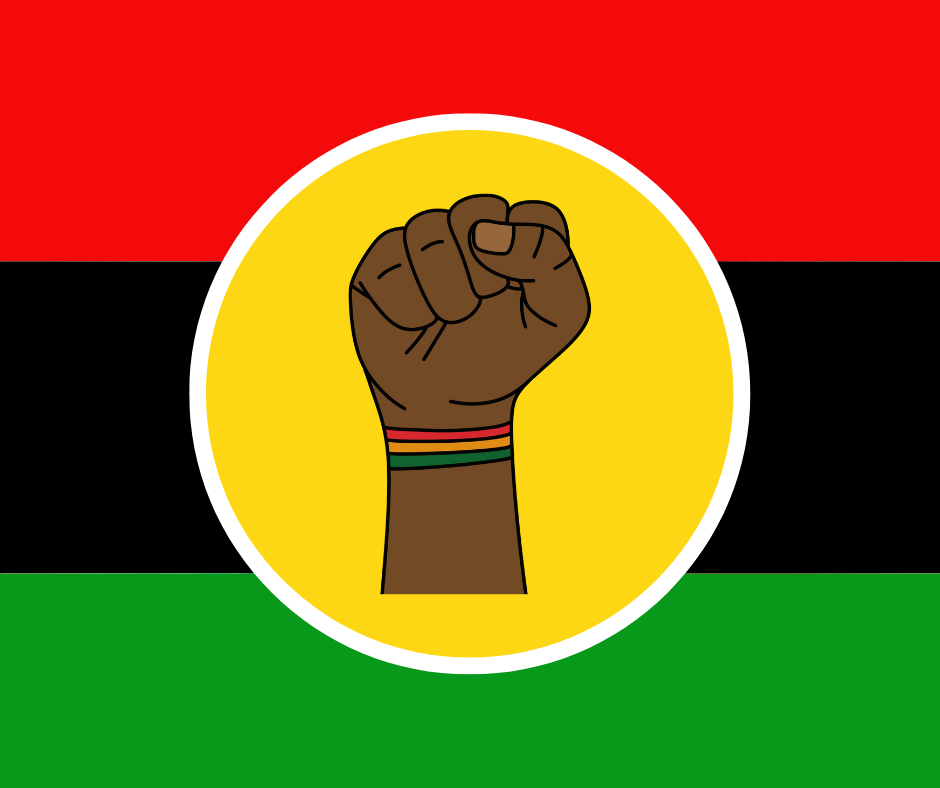
[Americans must] seize the opportunity to honor the too-often neglected accomplishments of black Americans in every area of endeavor throughout our history.
President Gerald R. Ford (1976)
Since 1976, the month of February has been designated as Black History Month, a time in which the U.S. (and now the U.K, Canada and the Netherlands) annually recognizes and celebrates African descendants’ achievements and important historical and contemporary contributions toward the overall wellbeing and prosperity of the country in which they live.
But as a school-aged child in the early 1980s, I felt that any public acknowledgement and celebration of Blackness, and particularly in the month of February, did not live up to the expectation Dr. Carter G. Woodson, Rev. Jesse Moorland and others set forth to educate and inspire communities when they first established Negro History Week in 1926.
At the time, some of my teachers would cram into their lesson plans the “necessary” and few prominent African descendant figures in U.S. history they deemed important to highlight: Frederick Douglass, Harriet Tubman, Rev. Dr. Martin Luther King, Jr., Marian Anderson, Mary McLeod Bethune, Rosa Parks, George Washington Carver, Matthew Henson, Langston Hughes and Benjamin Banneker. Other teachers would only frame the brilliance, persistence and resilience of African descendants in the Americas within the narrative of U.S. chattel slavery.
Even as a child I believed the history of the enslavement of Africans and their descendants in the Americas is a critical component to the narrative of the African diaspora in the western hemisphere. I also believed the trauma of slavery and the cultural memory of oppression should not be considered the sole defining characteristic of what it means to be African descended in the Americas. In my heart, I knew: Blackness is greater than subjugation, oppression and embodying a myopic identity of “former slave.”
By middle school and high school, I yearned for more knowledge about African descendants and their experiences in the U.S. Dissatisfied with the lack of positively diverse representation and nuanced discussions of the African descended experience, I was fortunate to have parents, mentors, and librarians from my local Clinton Hill and Grand Army Plaza (Brooklyn, NY) library branches who fed my appetite for learning.
I became immersed in my own study of the phenomenal endeavors African descendants engaged in all aspects of social life. I was reintroduced to the same historical Black figures my elementary school teachers introduced me to but with more focus and intentionality. I also decided to learn about African descendants many of my teachers thought were too controversial to discuss in their classes or did not feel confident talking about, generally speaking. I began reading Malcolm X, James Baldwin, Audre Lorde, Lorraine Hansberry, Zora Neale Hurston and Marcus Garvey; listening to Billie Holiday, Ella Fitzgerald, Miles Davis and John Coltrane; watching films by Spike Lee and Julie Nash–all the while curating my own repository of sources on impressive African descendants to celebrate and edify for the additional 11 months of the year.
As an adult, I continue to learn and curate materials, with the goal of sharing knowledge and inspiring students and the communities I work within. And while I utilize the month of February as an extra special time of the year to celebrate the ancestors before me, I am saddened by the unfortunate reality that our global community still needs proclamations, including one from the U.N’s General Assembly to declare years 2015-2024 as the “International Decade for People of African Descent: recognition, justice and development,” to celebrate positive and often-overlooked contributions of African descendants. The sobering truth insofar as our global society refuses to fully acknowledge and make amends for its complicity in committing crimes against humanity of the African descendant, there will always remain the need to remind people to recognize and celebrate African descendants.
Indeed, the racialized state of being African descended in the Americas is difficult to overcome and forget, especially when there are ongoing attacks of people in the African diaspora–in the U.S. and globally (Europe, Brazil, Australia, to name a few). However, I live in a time (2019) that being African descended has unified so many people across various geographies, ethnicities, economic and gender realities in ways previous generations haven’t seen. It’s a beautiful time to celebrate our past and present.


